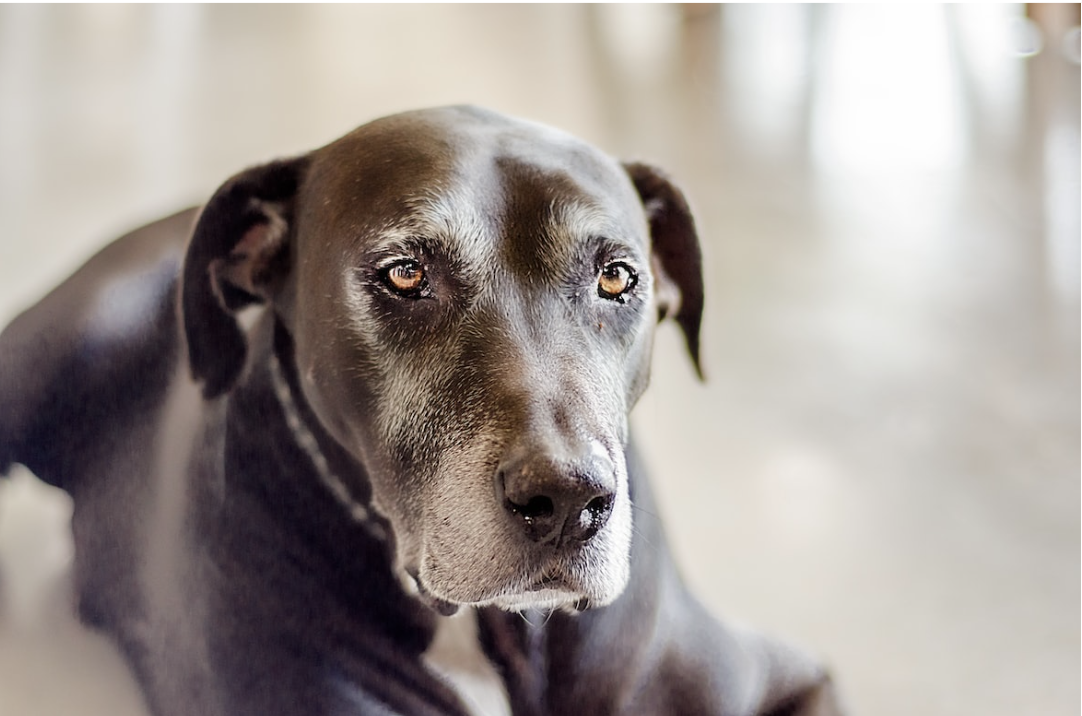Useful Information You Should Know About Senior Pet Care

As our pets start to age, their needs change and it’s important for pet parents to be aware of the proper care that should be taken for senior dogs or cats. Senior pets have unique needs and require extra attention to ensure they remain happy and healthy throughout their golden years.
From making adjustments in diet, activity level, veterinary care, and more – there are many things you can do as pet owners to extend your beloved companion's life expectancy. In this blog post, we will take a look at some important tips on senior pet care that every pet parent should know!
Signs of Aging in Pets
Watching our beloved pets age can be tough, but it's important for us to understand the signs of aging so we can take the best care of them. Physical changes like greying fur, decreased mobility, and weight gain are common indicators that your pet is getting older.
But it's not just the physical signs we need to watch for; changes in behavior can also indicate your pet is aging. Your older pets may become more lethargic, show less interest in playing, or have difficulty with training and learning new things. With a little bit of awareness and attention, we can help our furry friends live healthy, happy lives as they grow older.
Nutrition for Senior Pets
As our pets age, their nutritional needs may change. It's important to make sure our senior furry friends are getting the proper nutrients to support their health and well-being. Learning how to adjust their diet can be a simple and effective solution to ensure they are receiving all the necessary nutrients to maintain their vitality.
By consulting with a veterinarian and researching reliable sources on senior pet nutrition, you can make informed choices about your pet's diet and help them live a happy and healthy life.
Exercise and Activity Levels
As our furry friend's age, their bodies may not be able to handle the same level of activity as when they were younger. This doesn't mean that they should stop moving altogether, but rather, it's important to adjust their activity levels to suit their changing needs.
Regular exercise can maintain muscle strength and flexibility, but too much may lead to joint and muscle strain. Be sure to monitor your pet for any signs of discomfort and adjust accordingly.
Walking and swimming are great low-impact options for older pets but always consult with your veterinarian to ensure that any exercise recommendations align with your pet's overall health and well-being. By prioritizing your pet's needs and making adjustments as necessary, you can help them stay happy and healthy throughout their golden years.
Common Health Issues in Senior Pets
As our beloved pets grow older, their health needs change and they are at a higher risk for certain health issues. The most common health problems in senior pets include arthritis, dental disease, kidney disease, and diabetes.
These conditions can have a significant impact on your pet’s quality of life and may require specialized care. It is important to know the signs and symptoms of these common health issues so that you can detect them early and seek treatment promptly.
Regular visits to your veterinarian, maintaining a healthy diet and exercise routine, and monitoring your pet’s behavior can all help to prevent or manage these health issues and ensure your furry friend enjoys their golden years to the fullest.
Mental Stimulation for Senior Pets
It's important to ensure that they continue to get the mental stimulation they need. While physical activity is important, mental exercise is just as crucial for their overall well-being. So why not explore some diverse methods to keep your senior pet active and mentally stimulated?
Engage in games that test their cognitive abilities, such as hide-and-seek challenges or interactive puzzles. Treats and toys that dispense food can also provide a stimulating challenge.
Don't forget to keep up with short training sessions, which can help to strengthen your communication and reinforce positive behaviors. With a bit of creativity, you can keep your senior pet's mind sharp and improve their quality of life, making their golden years shine a little bit brighter.

As our pets age, it is important for us to be aware of the signs of aging and how to provide them with the best support possible. Taking proactive steps to ensure your senior pet is getting proper nutrition, exercise, mental stimulation and medical checkups can help make their golden years a little brighter.
It begins by educating ourselves on the specific needs that come along with having a senior pet; adjusting their diet as they age and providing appropriate activity levels so that they can have quality of life for as long as possible. Through regular veterinary visits, owners can help identify any underlying medical issues and address them promptly.






